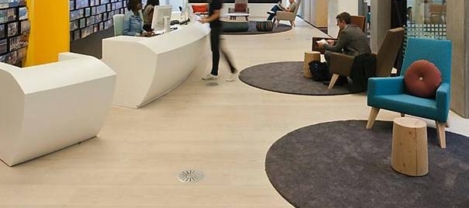December 18, 2015
Demotivating factor in pay gap between boardroom and workforce 0
 The upward momentum of chief executive pay and reward in the UK’s largest organisations has reached a crisis point. It does not clearly correlate to personal performance or business outcomes and this is having a significant impact on the motivation levels of the wider workforce, according to new research from the CIPD. The view from below: What employees really think about their CEO’s pay packet; found that seven in ten (71 percent) employees believe CEO pay in the UK is ‘too’ or ‘far too’ high and six in ten (59 percent) employees say the high level of CEO pay in the UK demotivates them at work. A second CIPD report, The power and pitfalls of executive reward: A behavioural perspective, goes on to explore some of the factors that have contributed to FTSE 100 CEO pay increasing to 183 times that of the average employee, compared to 47 times in 1998.
The upward momentum of chief executive pay and reward in the UK’s largest organisations has reached a crisis point. It does not clearly correlate to personal performance or business outcomes and this is having a significant impact on the motivation levels of the wider workforce, according to new research from the CIPD. The view from below: What employees really think about their CEO’s pay packet; found that seven in ten (71 percent) employees believe CEO pay in the UK is ‘too’ or ‘far too’ high and six in ten (59 percent) employees say the high level of CEO pay in the UK demotivates them at work. A second CIPD report, The power and pitfalls of executive reward: A behavioural perspective, goes on to explore some of the factors that have contributed to FTSE 100 CEO pay increasing to 183 times that of the average employee, compared to 47 times in 1998.



































December 15, 2015
Focus on women on boards masks other determinants of female leadership 0
by Sara Bean • Comment, Legal news, News, Workplace
(more…)